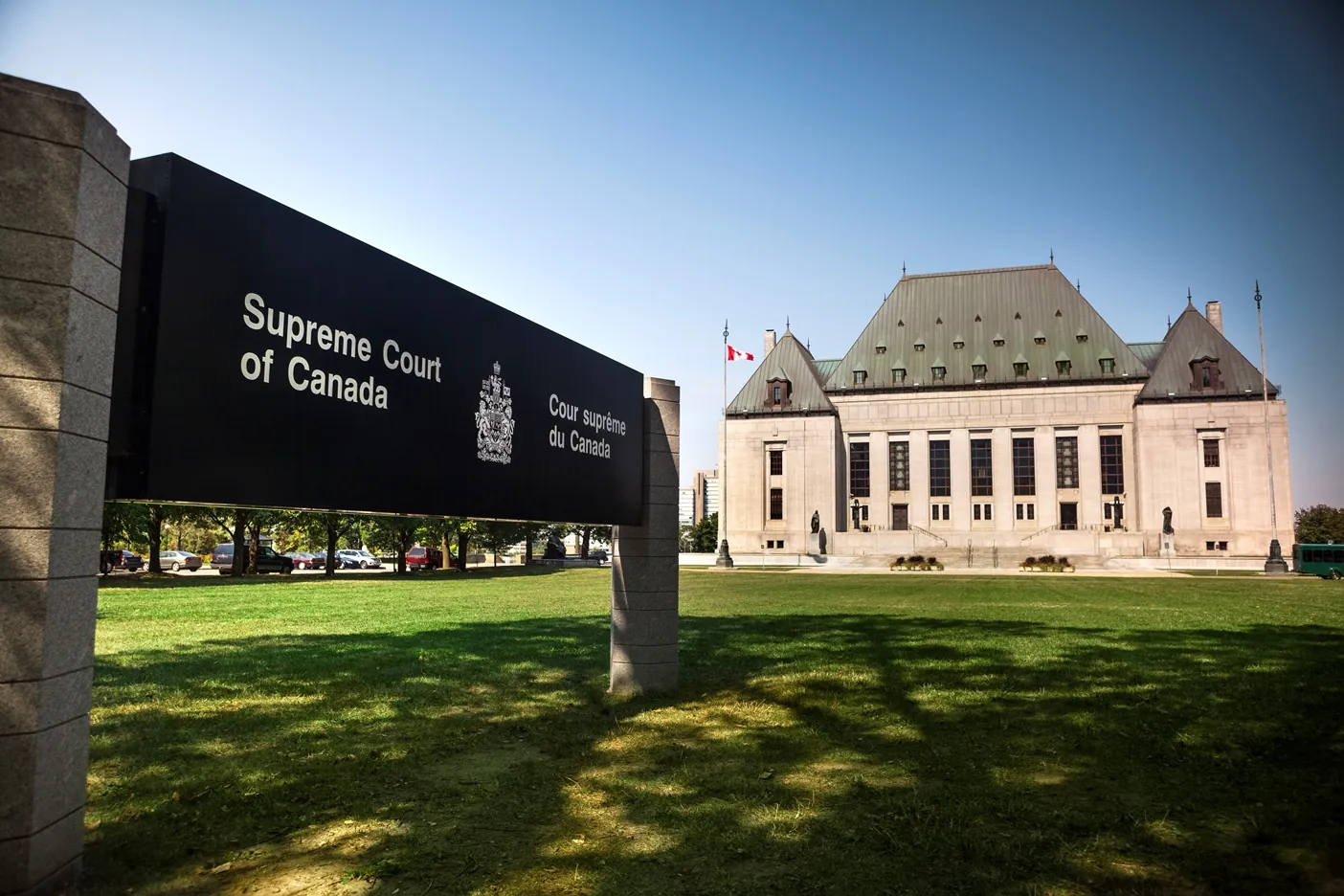
On March 27, 2025, the Supreme Court of Canada dismissed an appeal challenging Ontario’s Bill 104, known as the Tamil Genocide Education Week Act (TGEWA), affirming the legislation’s validity and allowing its implementation to proceed.
The appeal, initiated by several organizations, contested the Act’s constitutionality and its alignment with provincial jurisdiction under Canada’s Constitution Act of 1867. The Ontario Court of Appeal had previously upheld the Act, stating that its primary purpose is to “affirm and commemorate the Tamil-Ontarian community’s experience of the Sri Lankan Civil War and thus promote, within Ontario, the values of human rights, diversity, and multiculturalism.”
With the Supreme Court’s refusal to hear the appeal, the prior ruling stands, solidifying the Act’s place within Ontario’s legislative framework. This outcome has been hailed as a significant victory by proponents of the legislation. Ontario MPP Vijay Thanigasalam, who introduced the bill, expressed his satisfaction, stating, “I am pleased the Supreme Court of Canada has dismissed the appeal made by Tamil genocide deniers against Bill 104, Tamil Genocide Education Week Act.”
Conversely, critics of the decision argue that the Act may not fall within provincial jurisdiction as outlined in the Constitution Act, 1867, Section 93 on Education. They contend that the Act’s characterization as “educative” is misplaced, referencing the Ontario Court of Appeal’s disagreement with this classification.
The Liberation Tigers of Tamil Eelam (LTTE) remains listed as a terrorist organization in Canada. The Supreme Court’s decision does not alter this designation.
The Supreme Court’s ruling underscores the ongoing dialogue and differing perspectives surrounding the events of the Sri Lankan Civil War and their commemoration within Canada.




